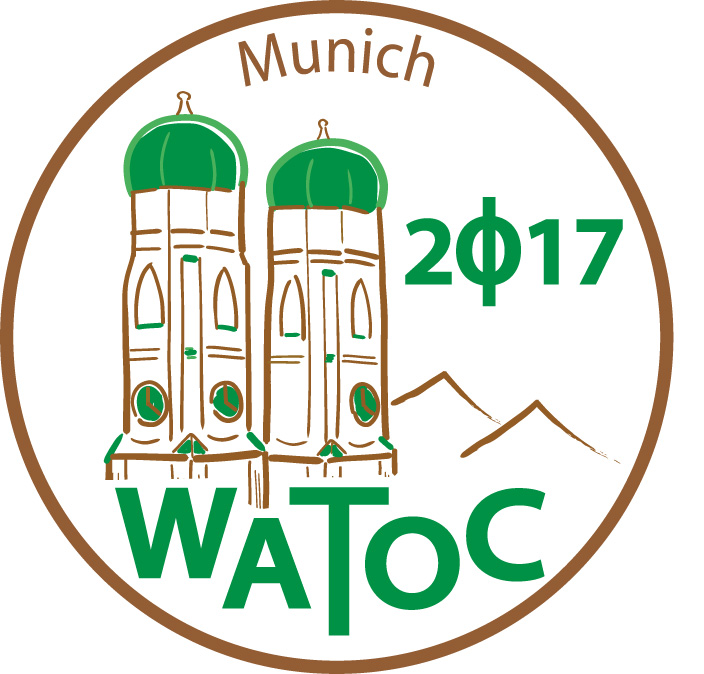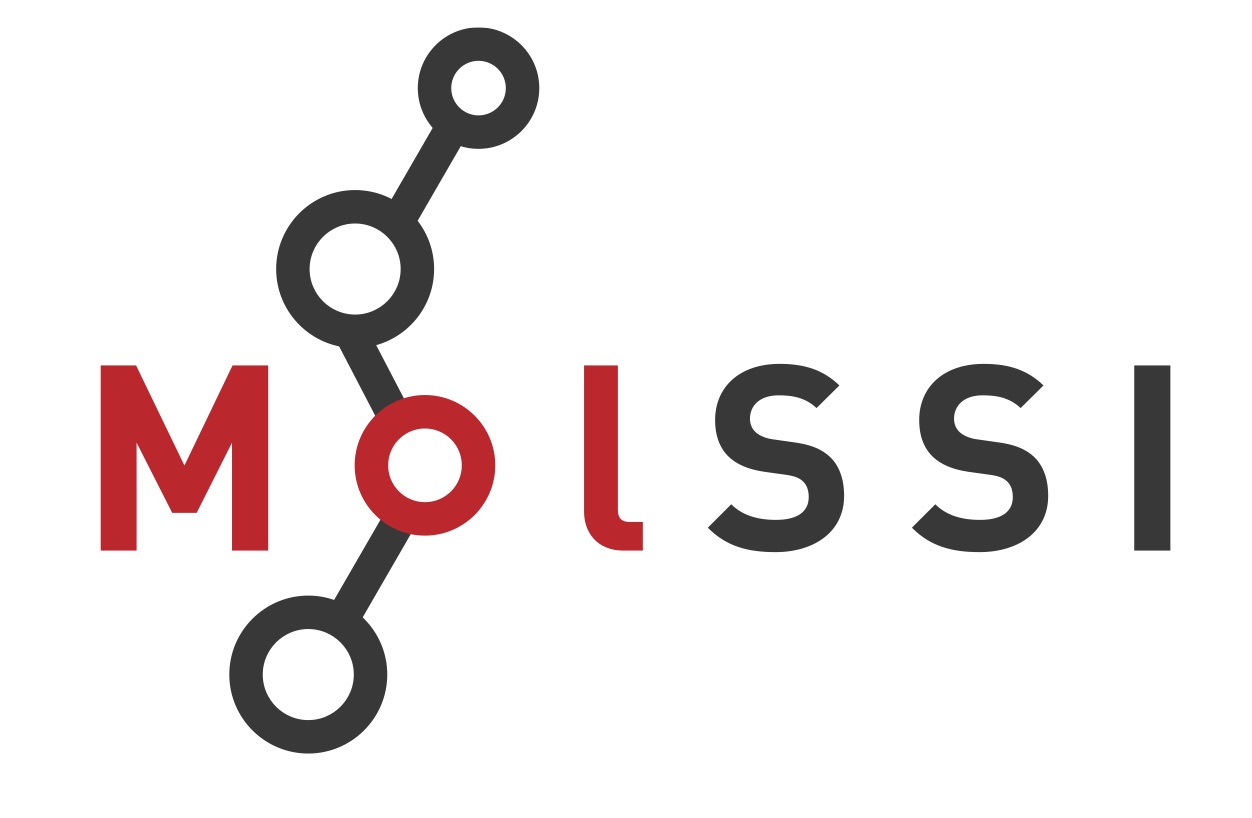Excited State Gradients in Polarizable QM/MM Models: an Induced Dipole Formulation
Maximilian Menger (University of Vienna)
Stefano Caprasecca (University of Pisa)
Benedetta Mennucci (University of Pisa)
Charge and structural properties of electronically excited states in embedded
systems are strongly affected by the environment. Multiscale approaches where
different levels of theory are combined in a single calculation, have shown to
properly describe such effects combining accuracy with computational
efficiency.
Here we present an extension of a fully polarizable QM/MM scheme to analytic
excited state gradients following a Lagrangian approach. Time-dependent density
functional theory is used as the QM method of choice, whereas the classical
environment is treated in terms of a polarizable force-field, where the
polarization is included through induced dipoles. The method is applied to
study of formation and relaxation of the bright excited state of an organic dye
(DAPI) intercalated in a DNA pocket. The results indicate the non negligible
effect of polarization between the DAPI and DNA pocket, in determining the
fluorescence properties of the embedded dye.

